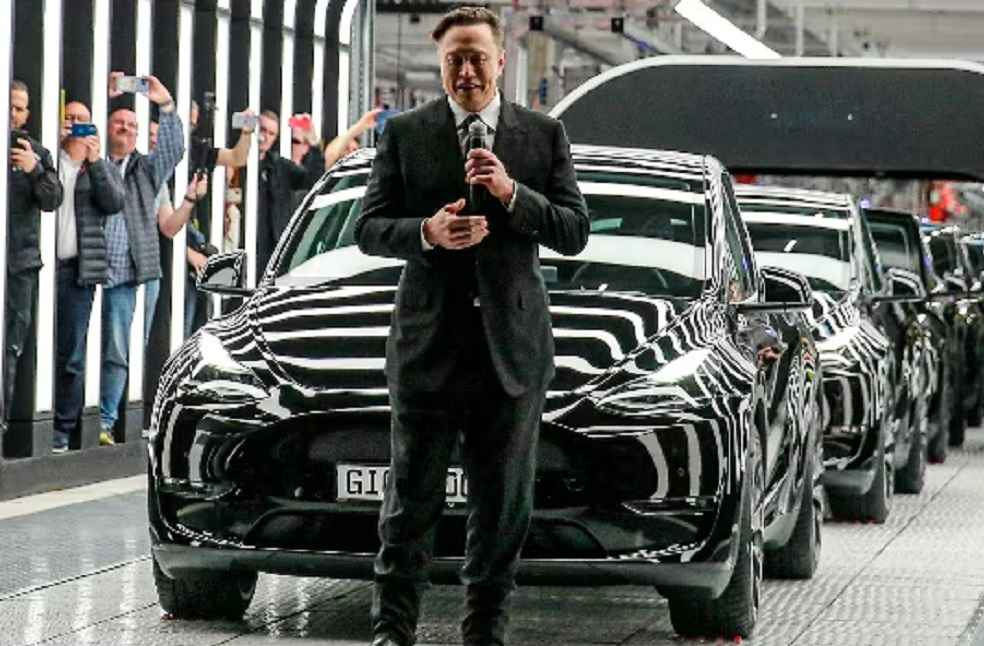Tesla, the electric vehicle (EV) pioneer helmed by Elon Musk, has announced significant price slashes across various key international markets. This strategic move, mirroring earlier discounts in the United States, responds to declining sales and escalates competition, notably from cost-effective Chinese EV manufacturers.
A striking adjustment in Tesla’s pricing strategy surfaced with a reduction in the starting price of the revamped Model 3 by 14,000 yuan ($1,930) in China, setting it at 231,900 yuan ($32,000), as Tesla’s official website revealed last Sunday. Concurrently, Germany witnessed a decrement in the Model 3 rear-wheel drive’s price to 40,990 euros ($43,670.75) from a previous 42,990 euros—a figure steadfast since February.

These price adjustments are components of a broader strategic overhaul, with Tesla also announcing reductions across other regions including Europe, the Middle East, and Africa, articulated by a company spokesperson. Within the United States, Tesla reduced prices by $2,000 on its flagship models—the Model Y, Model X, and Model S. The company simultaneously decreased the cost of its Full Self-Driving assistant software from $12,000 to $8,000.
These extensive price cuts occur as Tesla confronts significant operational challenges. The firm seeks to rejuvenate interest in its somewhat dated model lineup against a backdrop of high interest rates dampening consumer spending power. Competition remains particularly robust in China, the largest auto market globally, where local manufacturers are offering more economical alternatives.
Compounding the company’s challenges, Elon Musk recently deferred a much-anticipated journey to India. He was to meet with Prime Minister Narendra Modi to discuss Tesla’s potential market entry into the dynamic South Asian landscape. The deferment was attributed to urgent duties demanding Musk’s presence at Tesla.

Additionally, Musk disclosed last Monday that Tesla would trim its global workforce by over 10% amidst projections of the company’s first annual decline in vehicle deliveries in years. This followed Musk’s denials of rumors suggesting Tesla had abandoned an affordable EV model in favor of focusing on robotaxis.
The accumulation of these developments has led to a stark downturn, with Tesla shares plummeting by 40.8% since the beginning of the year. As Tesla navigates these turbulent times, the global EV market remains vigilant, eagerly awaiting the company’s subsequent strategies and their potential implications on the automotive industry. Investors, seeking transparency, are particularly attentive to Tesla’s forthcoming plans as they evaluate the evolving dynamics within the electric vehicle domain.
DON’T MISS | Global Auto Giants Team Up with Chinese EV Innovators to Power Electrification





